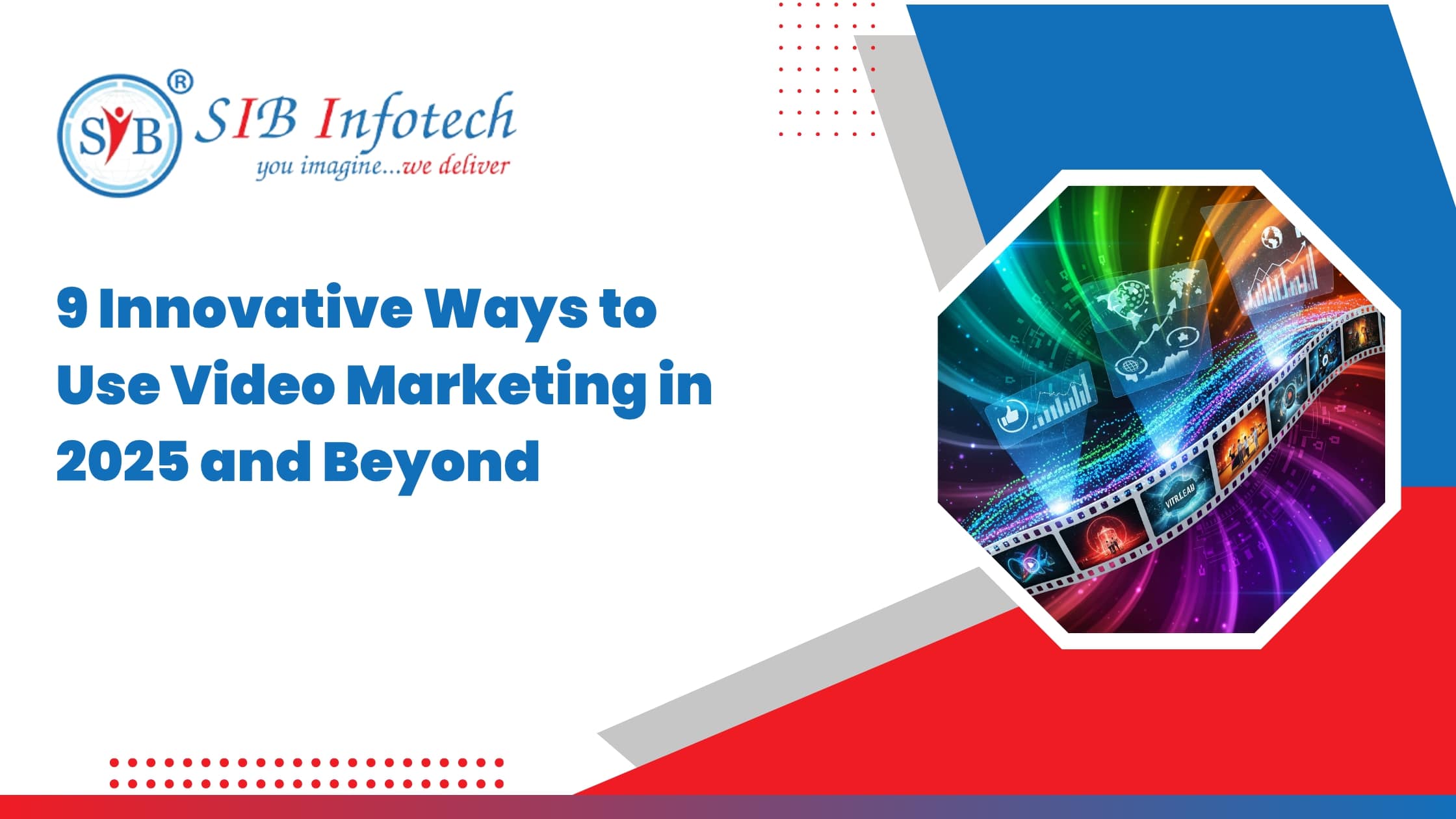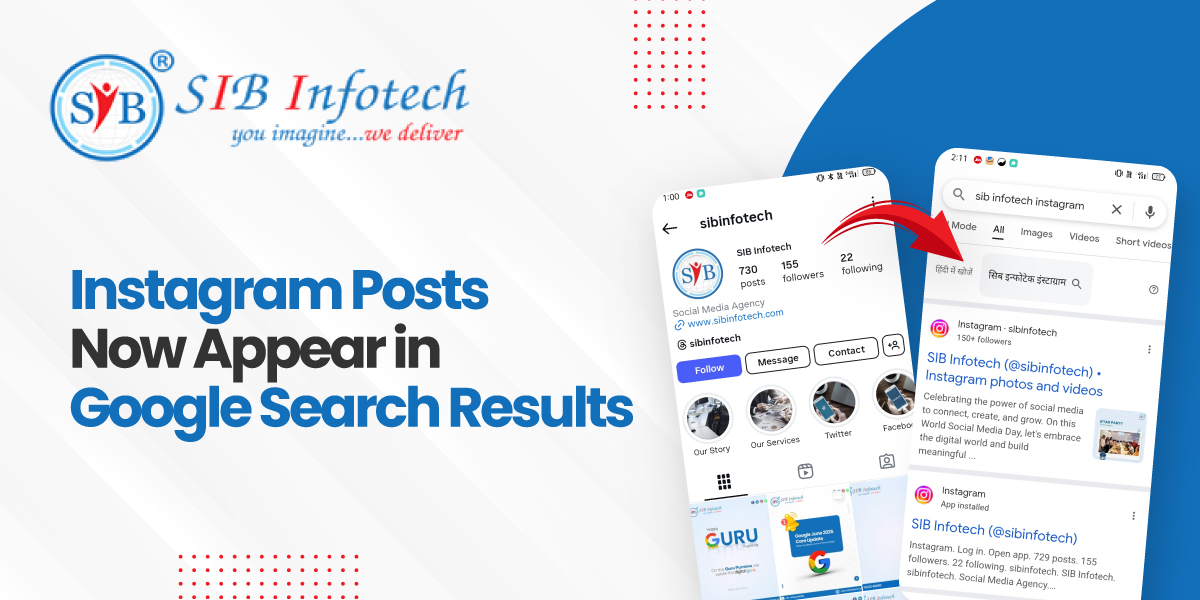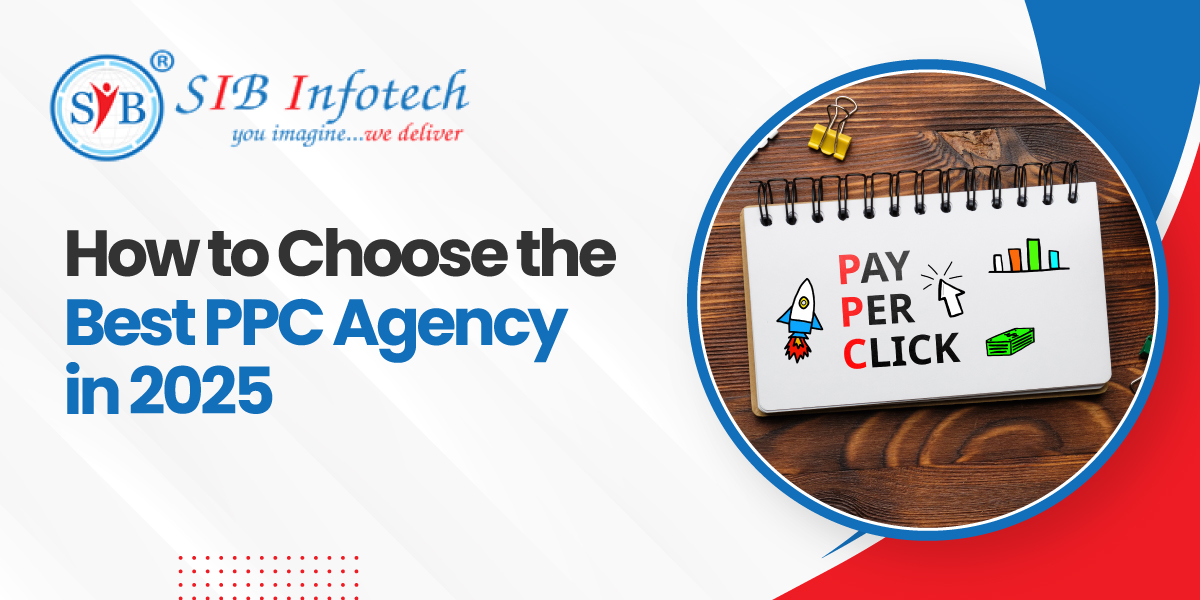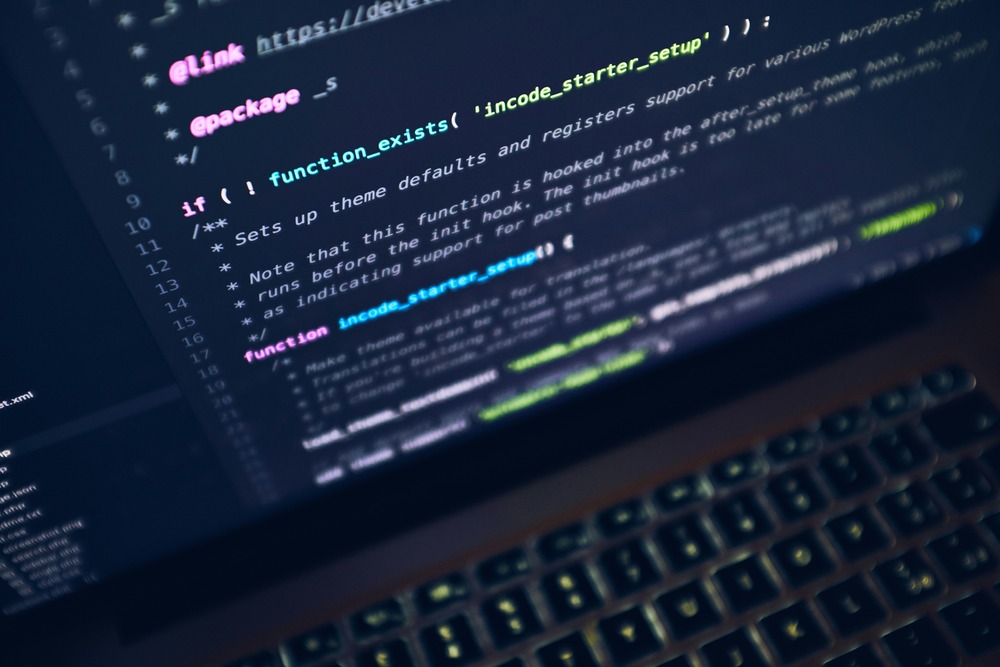9 Innovative Ways to Leverage Video Marketing for 2025 and Beyond
- Jul 11, 2025
YouTube's New Monetization Rules: Everything Creators Need to Know About July 15, 2025 Updates
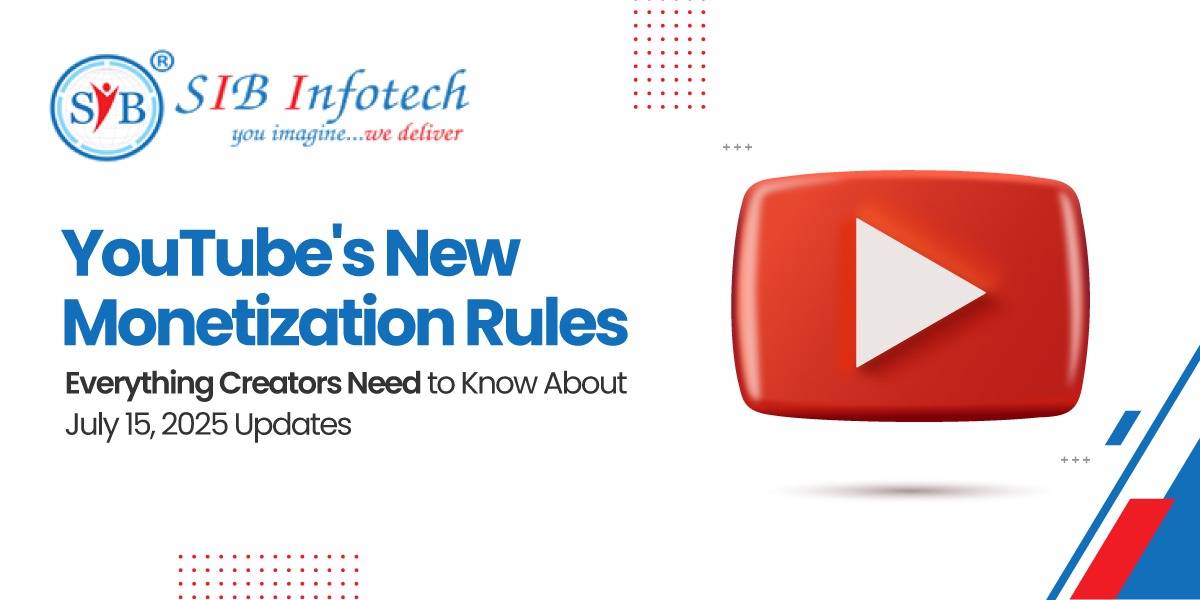

About The Author
What's Changing on July 15, 2025?
YouTube is implementing significant updates to its YouTube Partner Program (YPP) monetization policies, specifically targeting what the platform calls "inauthentic content" – including mass-produced and repetitious material that has become easier to create with AI technology.
The Core Policy Update
YouTube is renaming its "repetitious content" policy to "inauthentic content" and providing clearer guidelines about what qualifies as authentic, monetizable content.
The update specifically targets two main categories:
- Mass-Produced Content: Videos created in bulk with minimal human input, such as automated presentations with synthetic voices and no personalized narrative.
- Repetitive Content: Videos that reuse formats, scripts, or styles without offering distinctive value, such as reaction mashups, remixes of existing content, or compilations with minimal editing.
Who Will Be Affected?
Channels at High Risk
The monetization changes will primarily impact creators who rely on:
- AI-generated content with minimal human oversight
- Template-based videos with little variation between uploads
- Mass-produced content using automated tools
- Near-duplicate videos across their channel
- Content farms focused purely on view generation
Channels That Should Be Safe
YouTube clarifies that reaction or clips channels aren't specifically targeted by this update. Content that remains monetizable includes:
- Legitimate reaction videos with substantial commentary
- Educational compilations with clear narrative value
- Commentary channels that add significant analysis
- Review content with original insights
- Tutorial series even if they follow similar formats
Understanding the New "Inauthentic Content" Policy
What Makes Content "Inauthentic"
YouTube defines inauthentic content as material that's so similar across videos that viewers may have trouble spotting differences, including content that looks template-made with little variation or content that's easily replicable at scale.
- Readings of third-party content (e.g., website articles or news feeds)
- Songs altered slightly in pitch or speed but otherwise unchanged
- Repetitive videos with low commentary, value, or narrative
- Basic image slideshows or scrolling text with no educational depth
What Qualifies as Authentic Content
YouTube allows content where viewers can clearly tell that content differs from video to video, even if channels follow similar patterns. Acceptable examples include:
- Same intros/outros, but fresh main content each time
- Recurring formats that showcase unique traits or subjects
- Structured educational series with diverse lesson topics
- Commentary on current events with fresh perspective
The AI Content Challenge
Rising Concerns About AI-Generated Videos
YouTube has become flooded with "AI slop" — low-quality media made using generative AI technology, including AI voices overlaid on photos or repurposed content. This has created significant challenges:
- Fake news content using AI to create misleading information
- Identity theft through AI-generated deepfakes
- Volume-based monetization focused on quantity over quality
- Viewer experience degradation due to low-value content
How AI Tools Are Affected
The changes may affect AI tool providers, as fewer creators may pay for such tools if monetization is blocked for AI-heavy content.
However, this doesn't mean all AI use is prohibited — the key is substantial human oversight and original value addition.
Current YouTube Monetization Requirements (2025)
Standard Monetization Thresholds
For full ad monetization, channels need:
- 1,000 subscribers
- Either 4,000 public watch hours in the past 12 months or 10 million Shorts views in the past 90 days
Early Access Options
YouTube offers early monetization access with:
- 500 subscribers for fan funding monetization features like Super Chat
- 3 public uploads in the last 90 days
- Either 3,000 public watch hours in 12 months or 3 million Shorts views in 90 days
What This Means for Different Creator Types
Reaction Creators
- Substantial commentary throughout the video
- Original insights about the content you're reacting to
- Clear value addition beyond just watching
- Genuine engagement with the material
Educational Channels
- Unique explanations of concepts
- Original examples and case studies
- Personal expertise and experience
- Clear learning outcomes in tutorials
Gaming & Entertainment
- Original gameplay commentary
- Unique strategies and tips
- Personal reactions and insights
- Community interaction
Tech & Unboxing
- Detailed analysis, not just features
- Product comparisons with testing
- Buying recommendations
- Setup guides and troubleshooting
Preparing Your Channel for July 15, 2025
Content Audit Strategy
Step 1: Review Recent Uploads
- Template-based content with minimal variation
- AI-generated elements without human oversight
- Repetitive formats lacking original value
- Mass-produced content using automated tools
Step 2: Analyze Overall Strategy
- What percentage relies on reused content?
- How much original commentary do you provide?
- Are your videos educational or entertaining?
- Do they offer unique value to viewers?
Step 3: Identify Vulnerable Content
- Videos with minimal human input
- Content that could be easily replicated
- Series with identical formats and minimal variation
- AI-heavy content without substantial human contribution
Content Enhancement Strategies
For Existing Content
- Add voice-over commentary to silent compilations
- Include on-screen analysis and insights
- Create educational context for entertainment content
- Develop unique intros and outros that add value
For Future Content
- Plan original commentary for all uploads
- Develop unique perspectives on trending topics
- Invest in personal branding and presentation
- Focus on expertise demonstration and value creation
Best Practices for Compliance
The Broader Impact on YouTube's Creator Economy
Platform Quality Improvement
YouTube is working to protect overall content quality, especially from overuse of AI and copied content. This shift supports:
- Quality over quantity emphasis
- Creator authenticity prioritization
- Viewer experience protection
- Advertiser confidence maintenance
Long-Term Creator Benefits
While these changes may seem restrictive at first, they lead to stronger results for authentic creators:
- Less competition from low-effort channels
- Higher engagement rates for quality content
- Better monetization due to ad confidence
- Sustainable creator economy based on value
Timeline and Implementation
Key Dates
July 15, 2025
New monetization policies take effect
Immediate Enforcement
Detection of mass-produced content begins immediately
90-Day Grace Period
Time to adjust existing content strategies
Ongoing Monitoring
Algorithms will continue evolving
What to Expect
Channels that continue publishing mass-produced or repetitive content risk being suspended or removed from the YouTube Partner Program.
However, creators already producing high-quality, original content will likely need little change.
Future-Proofing Your YouTube Strategy
Conclusion: Adapting to YouTube's Quality-First Future
YouTube's July 15, 2025 monetization updates represent a significant shift toward quality, authenticity, and genuine creator value. While these changes may challenge creators relying on automated content, they ultimately reward those delivering real viewer benefit and originality.
Key Takeaways
- The update targets spam and mass-produced content, not legitimate reaction or compilation channels
- Original commentary and value addition remain essential for monetization
- AI tools are allowed, but must include human oversight and creativity
- Quality-first creators will enjoy less competition and better monetization
The most successful creators in this new environment will be those who prioritize genuine value creation, maintain authentic audience connections, and use technology to enhance—not replace—their creative voice. By focusing on originality, commentary, and viewer impact, creators won’t just survive — they’ll thrive in YouTube’s evolving monetization era.
Frequently Asked Questions (FAQs)
General Policy Questions
Q: When exactly do YouTube's new monetization rules take effect?
A: The updated monetization policies officially take effect on July 15, 2025. Enforcement begins immediately.
Q: Will existing monetized channels be grandfathered in?
A: No. All channels must comply with the new policies, regardless of when they were monetized.
Q: How will YouTube detect mass-produced or repetitive content?
A: YouTube uses a mix of automated systems and human reviewers. Factors include template usage, production patterns, and content similarity.
Q: Is this a permanent policy change or a temporary crackdown?
A: This is a permanent update to YouTube's monetization policies aimed at discouraging low-effort, AI-driven content.
Content-Specific Questions
Q: Are reaction videos still allowed to be monetized?
A: Yes, if they include substantial commentary, insights, and clear value beyond just watching.
Q: Can I still use AI tools in my content creation?
A: Yes, but only with significant human oversight and creative input. Fully AI-generated videos are risky.
Q: What about compilation videos and "Top 10" lists?
A: They're allowed if they include commentary, editing, or educational value. Basic collections may be flagged.
Q: Are gaming montages and highlight reels affected?
A: They're monetizable if they include original insights, commentary, or community engagement.
Q: Can I still monetize news recap videos?
A: Yes, but only if they provide original analysis, unique perspectives, or commentary. Just reading headlines isn’t enough.
Start preparing now: Audit your content, enhance your value proposition, and invest in authentic creation that aligns with YouTube’s long-term vision.
.webp&w=3840&q=100)

